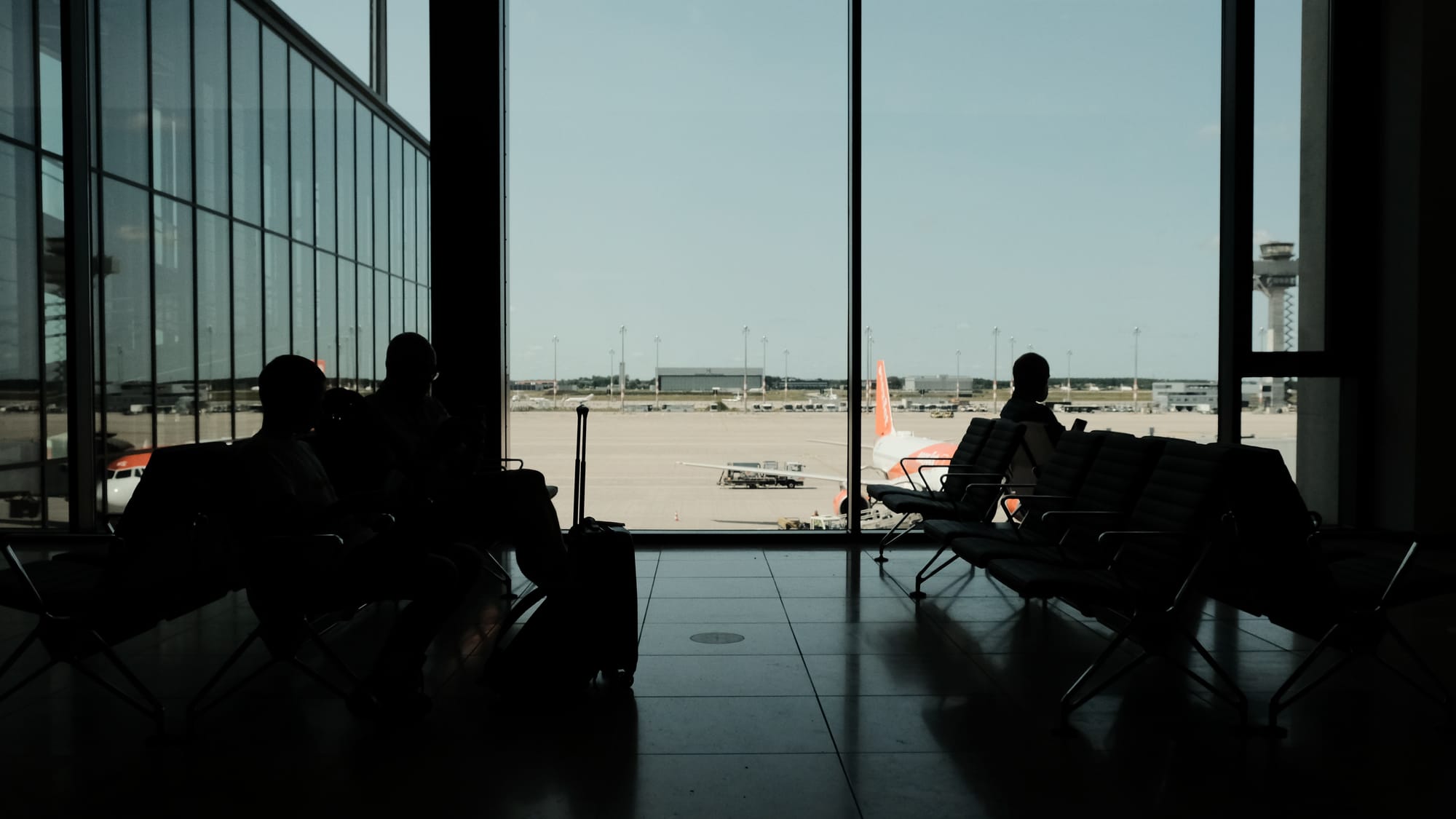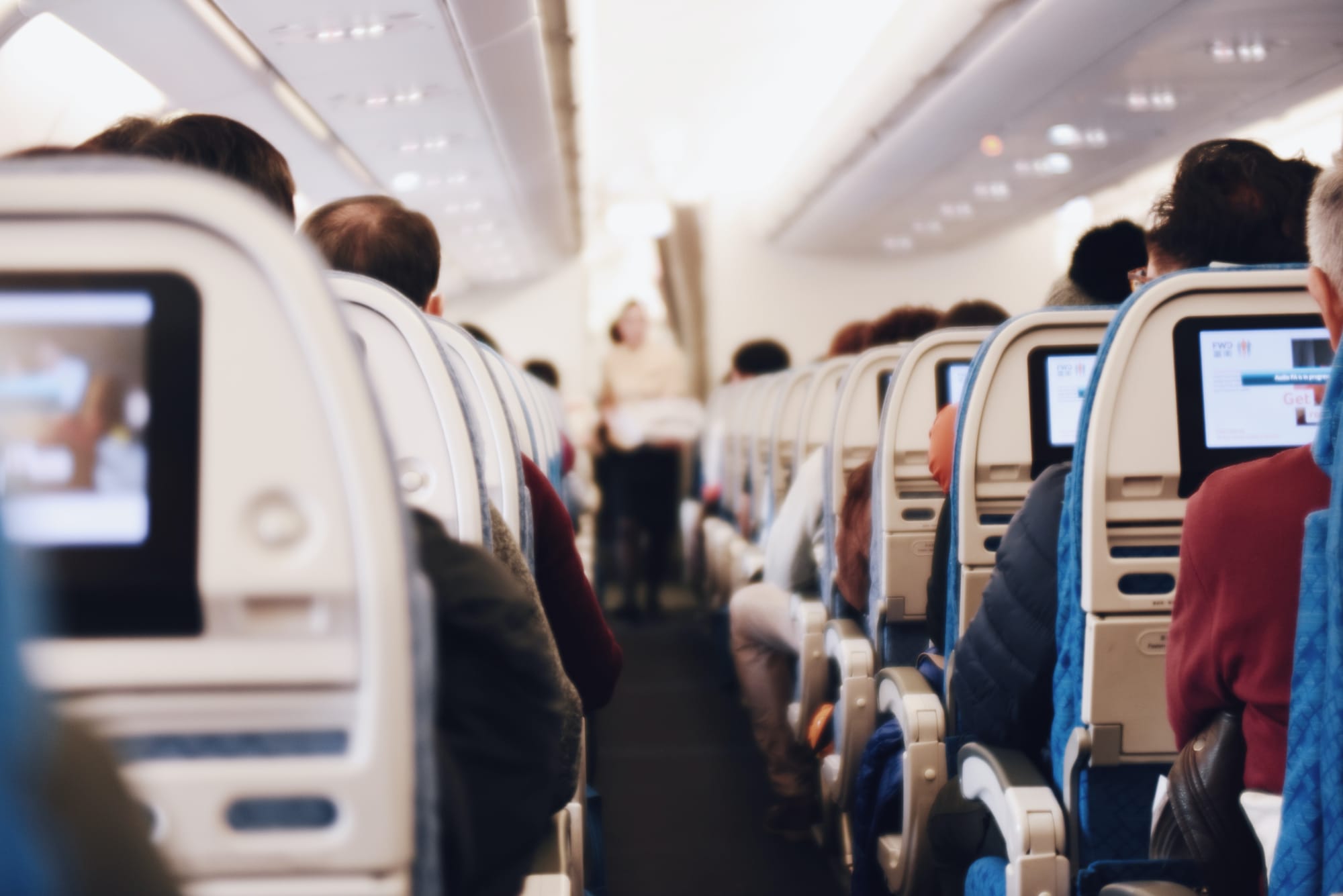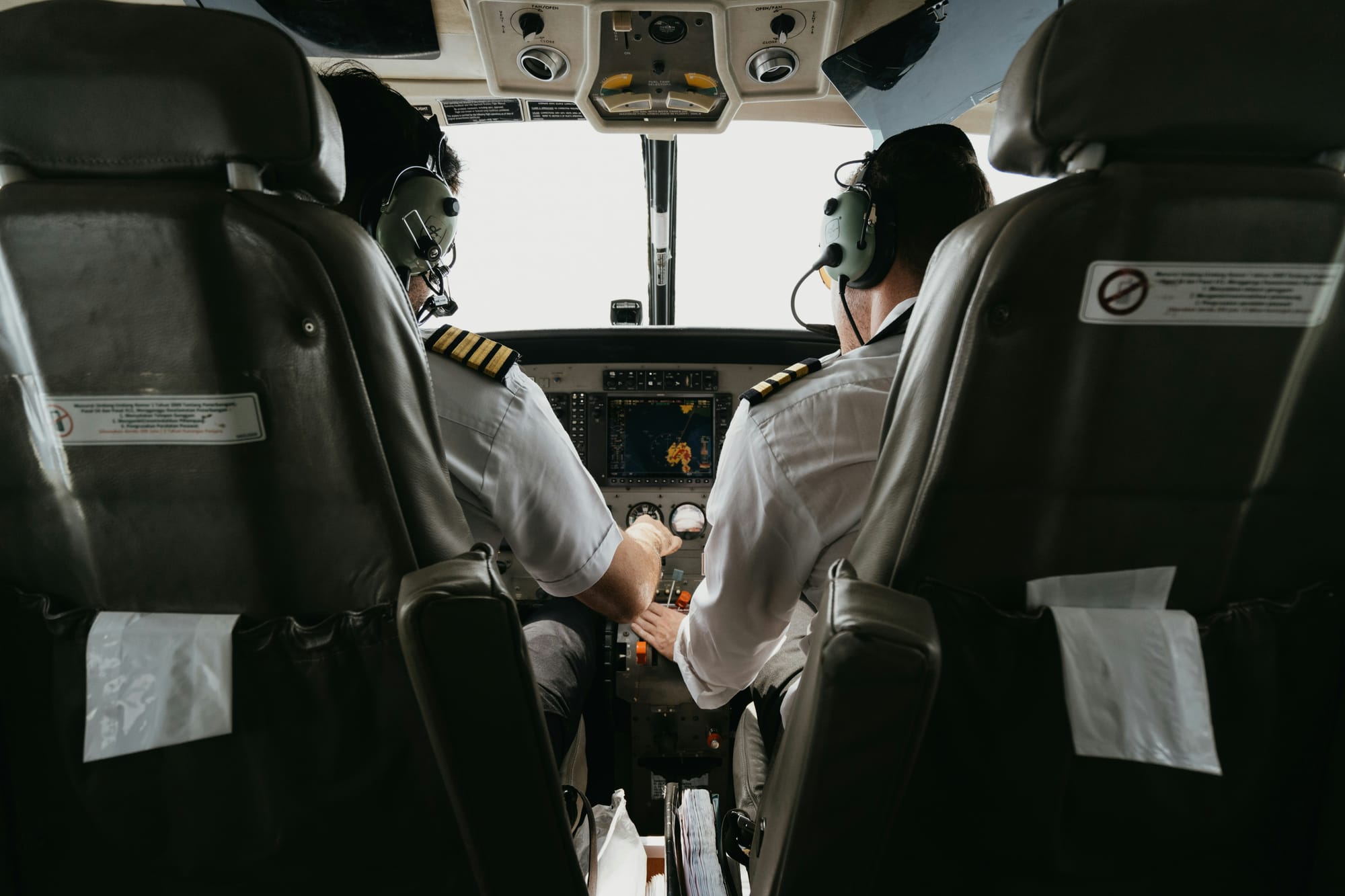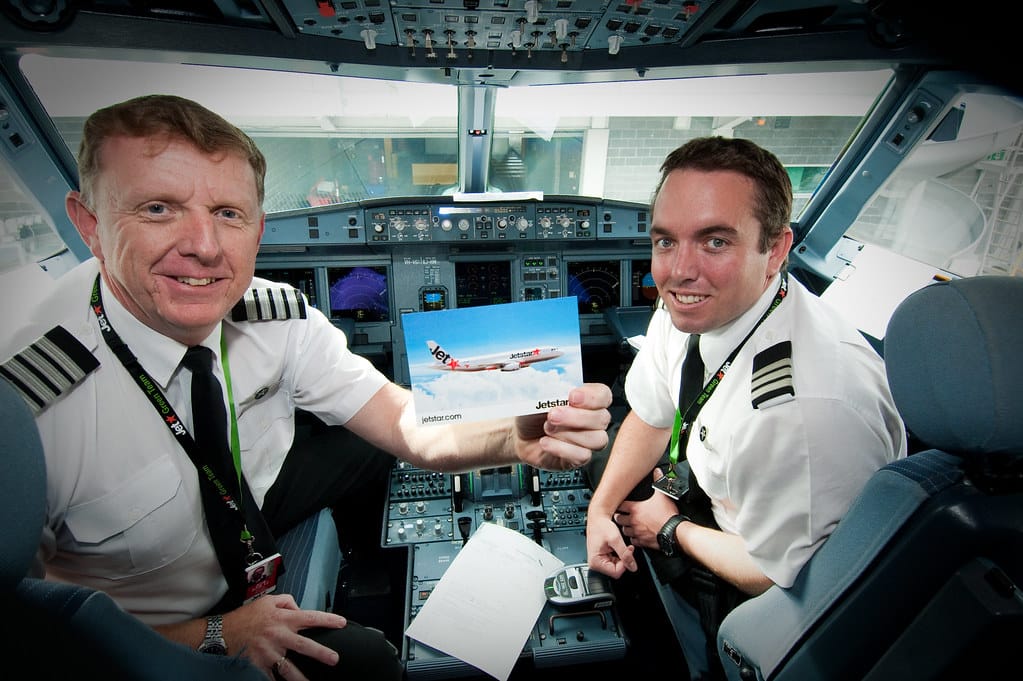Why Airlines Overbook Flights

Ever booked a flight only to face the dreaded overbooking scenario? You arrive at the gate, ready to jet off, but then the unthinkable happens: you're denied boarding because the flight is oversold. It's frustrating, confusing, and often leaves you scrambling for alternatives. But why do airlines take this seemingly risky practice? Let's delve into the complex world of airline overbooking and understand the reasoning behind this controversial strategy.
Filling Empty Seats

At its core, overbooking boils down to one crucial factor: revenue maximization. Airlines have fixed costs associated with every flight, regardless of passenger numbers. Empty seats translate to lost income, impacting their bottom line. Studies suggest that the average no-show rate across airlines can be anywhere between 5% and 10%. By selling more tickets than available seats, airlines aim to compensate for these inevitable cancellations and ensure a full flight, boosting their revenue potential.
The Numbers Game

Overbooking isn't a haphazard guessing game. Airlines employ sophisticated algorithms and historical data to predict no-show rates with remarkable accuracy. These algorithms consider factors like:
- Fare type: Business and first-class passengers are less likely to miss flights compared to economy passengers.
- Booking history: Passengers with a history of no-shows are less likely to be overbooked.
- Route and seasonality: Certain routes and seasons experience higher no-show rates due to factors like weather patterns.
- Competition: Airlines on competitive routes with more frequent flights might overbook less aggressively.
By analyzing these data points, airlines can calculate the optimal number of seats to overbook on each flight, minimizing the risk of bumping passengers while maximizing revenue.
Bumped and Disgruntled

Of course, the overbooking equation doesn't always balance perfectly. When more passengers show up than anticipated, some unlucky souls get bumped from the flight. This can be a major inconvenience, causing missed connections, delays, and ruined travel plans. To mitigate the negative impact, airlines are required by regulations to offer compensation to bumped passengers, including:
- Reaccommodation on the next available flight.
- Travel vouchers for future flights.
- Cash compensation, depending on the delay and the passenger's itinerary.
While airlines strive to make the bumping process as painless as possible, it's understandable why passengers find it frustrating.
The Ethical Conundrum
The practice of overbooking raises ethical concerns, pitting airline profits against passenger rights. Critics argue that airlines prioritize revenue over passenger convenience, creating a system where some travelers are treated as expendable. Additionally, the uncertainty and potential disruption caused by overbooking can add significant stress to the travel experience.
Finding a Balance

To address these concerns, most countries have regulations in place governing overbooking practices. These regulations typically require airlines to:
- Inform passengers about their overbooking policy.
- Clearly explain the process and compensation offered to bumped passengers.
- Allow passengers to volunteer to give up their seats in exchange for compensation.
While regulations help protect passengers, some argue that airlines should move towards a more transparent system, offering incentives for passengers to book flexible tickets that can be easily rescheduled or cancelled, reducing the need for overbooking altogether.
The Future of Overbooking

The future of overbooking remains uncertain. As technology advances, airlines may develop even more sophisticated prediction models, reducing the need for overbooking. Additionally, the growing popularity of flexible ticketing options could further lessen its reliance on this practice. However, as long as empty seats represent lost revenue, overbooking is likely to remain a part of the air travel landscape, albeit with continued efforts to strike a better balance between airline profits and passenger rights.
Ultimately, understanding the rationale behind overbooking, while acknowledging its potential downsides, can help passengers navigate the complexities of air travel and make informed decisions when choosing flights and fares. Remember, knowledge is power, and being armed with information can empower you to advocate for your rights and navigate the sometimes-turbulent world of air travel.





